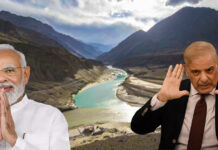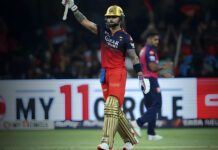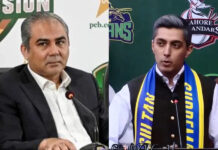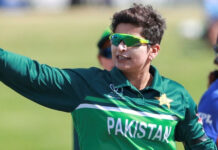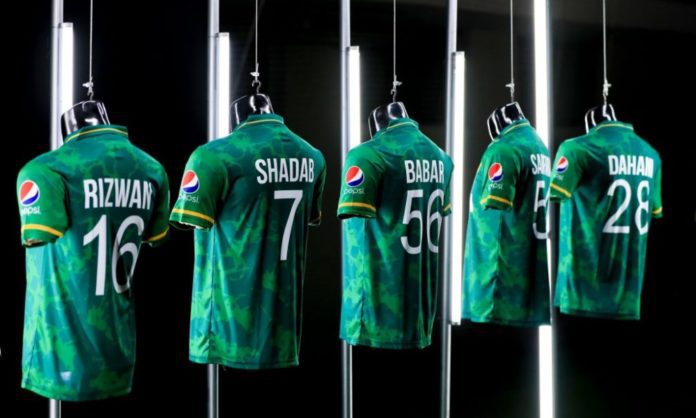As the cricketing world eagerly anticipates the ODI World Cup 2023, excitement has been fueled by speculations about the participating teams’ kit designs. The visual identity of a team’s kit holds immense significance, representing not only the team but also the nation itself. Among the teams generating buzz, Pakistan’s expected kit design has been particularly noteworthy, with its unique and captivating aesthetics.
A Captivating Design Unveiled
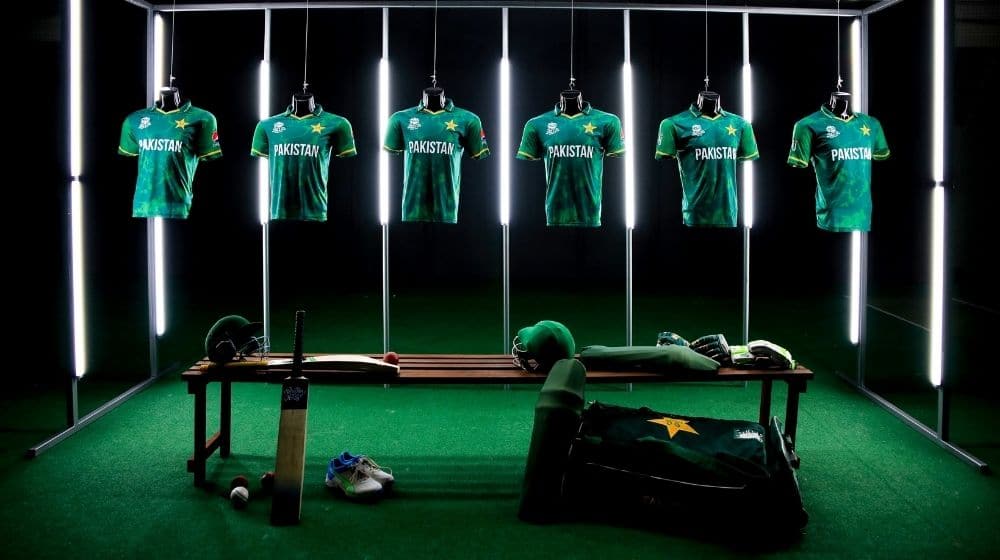
Recently, a sports journalist unveiled what was claimed to be Pakistan’s upcoming kit design. The design instantly captured the attention of fans and enthusiasts, sparking discussions and debates about its symbolism and aesthetic appeal. Its vibrant colors and intricate patterns seemed to encapsulate the spirit of Pakistani cricket and its rich history.
Allegations of Plagiarism Emerge
However, amidst the excitement, a cloud of controversy has emerged. A Twitter user has come forward, alleging that the showcased kit design was not an original creation of the sports page but rather a stolen concept.
According to the user’s claims, a friend of theirs had conceptualized the design last year for a kit concept competition organized by the Pakistan Cricket Board (PCB). The allegation suggests that the design was used without proper credit or acknowledgment, raising ethical concerns about intellectual property rights.
The design was not shared, it was stolen by @ChangeofPace414 or who ever created it. This design/concept was originally created by my friend @GraphicsGhous_ during last year PCB's concept kit competition. @_FaridKhan do you research before posting. https://t.co/k8zOTd10Zk
— Waleed Ahmad Butt (@waleedmufc) August 10, 2023
Ethical Dilemma and Reputational Risks
The alleged plagiarism raises ethical questions about the practices within sports organizations. In an era that values transparency, fairness, and respect for intellectual property, the use of a creative work without due recognition can have far-reaching consequences. The PCB, if found culpable, could face significant backlash. Not only from cricket fans but also from the global community that values artistic integrity.
The Importance of Intellectual Property Rights in Sports
The controversy serves as a reminder of the importance of intellectual property rights within the sports industry. Creative minds, designers, and artists play a pivotal role in shaping the visual identity of sports teams. Their contributions extend beyond aesthetics. As they help create a distinct and recognizable brand for teams and events. Respecting and acknowledging their work is essential for maintaining a harmonious and ethical sports community.
A Chance for Redemption
In the face of these allegations, the PCB has an opportunity to take proactive measures that could help restore its reputation and address the issue. Conducting a thorough investigation into the claims. Acknowledging the original designer, and potentially involving them in the design process for future kits could demonstrate the board’s commitment to ethical practices and its appreciation for creativity.
Setting a Positive Precedent
While the controversy has cast a shadow over Pakistan’s ODI World Cup preparations, it also presents a chance for the PCB to set a positive precedent. By handling this situation transparently and responsibly. The board can showcase its dedication to fairness and respect. This incident can serve as a catalyst for discussions within the sports community about intellectual property rights. Fostering an environment that values and protects the creative contributions of individuals.
As the countdown to the ODI World Cup continues, the controversy surrounding Pakistan’s kit design serves as a reminder that the integrity of sports extends beyond the boundary lines. The actions taken by the PCB in response to these allegations will shape the narrative not only for Pakistan’s World Cup campaign but also for the broader conversation about ethical practices in the sports world. Ultimately, this incident underscores the importance of upholding values both on and off the field, ensuring that creativity and originality are celebrated and respected.





